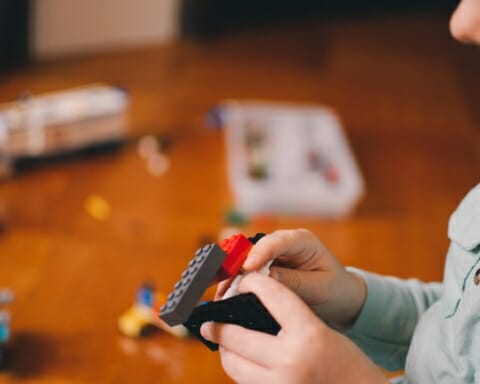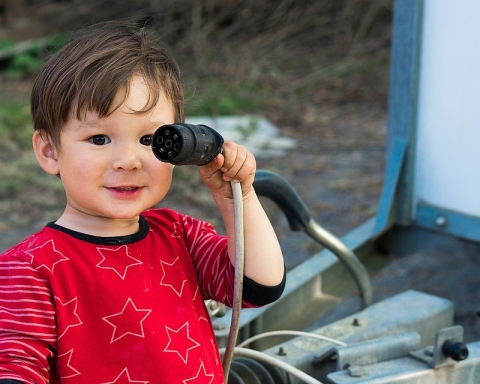Love and logic parenting is a parenting strategy that uses love, logic, and empathy to raise a child. It is based on a positive mindset, using empathy and compassion to enforce limits (as stated clearly in this book) in order to develop responsibility and happiness in children. Using this method, children will not only be happier but also more logical and sensible.
Also, read on this website
Love and Logic Parenting Tips
Love and logic parenting is purely based on mutual love and consent between the parents and the children, so there is not much punishment or discipline. Below are some tips on how to implement love and logic parenting:
- Eliminate warning, threat, and anger. Composure is a necessary component of love and logic parenting. It is difficult to be effective if the parents or the children are stressed or angry. As a parent, be calm, composed, and loving but firm when setting limits.
- Train problem-solvers. Strive to let children solve most problems on their own, offering guidance only when necessary. This will teach them the art of responsibility and problem-solving. If the children make mistakes, provide sufficient counsel to help them learn so that repeated mistakes do not develop into undesirable behaviors.
- Build self-concept and originality. Teach children critical-thinking skills with love and understanding. This will build self-confidence in both the children and the parents. It also encourages creativity as children learn to generate ideas on their own.
- Use natural discipline. Allow children to learn from their own mistakes. This will teach children to take ownership of their mistakes and to make a conscious effort to avoid mistakes in the future. If, for example, a child breaks a toy in anger, do not shout at the child. Instead, warmly tell the child that he or she will need to save up to buy another. Parents’ empathy alows children to learn from mistakes instead of reacting in anger.
In this research, it states that love and logic parenting is not only a valid approach to parenting, but it is also a skilled strategy for maintaining love and respect between parents and children. Like any parenting style, love and logic parenting can be learned and adapted along the way to help children reach their full potential.
References
Cline, Foster, and Jim Fay. Parenting with Love and Logic: Teaching Children Responsibility. Carol Stream, IL: Tyndale House, 2014. E-book. Retrieved from https://books.google.com
Fay, Jim, and F. Cline. Parenting with love and logic. The Navigators, 2014. Retrieved from https://muse.jhu.edu













